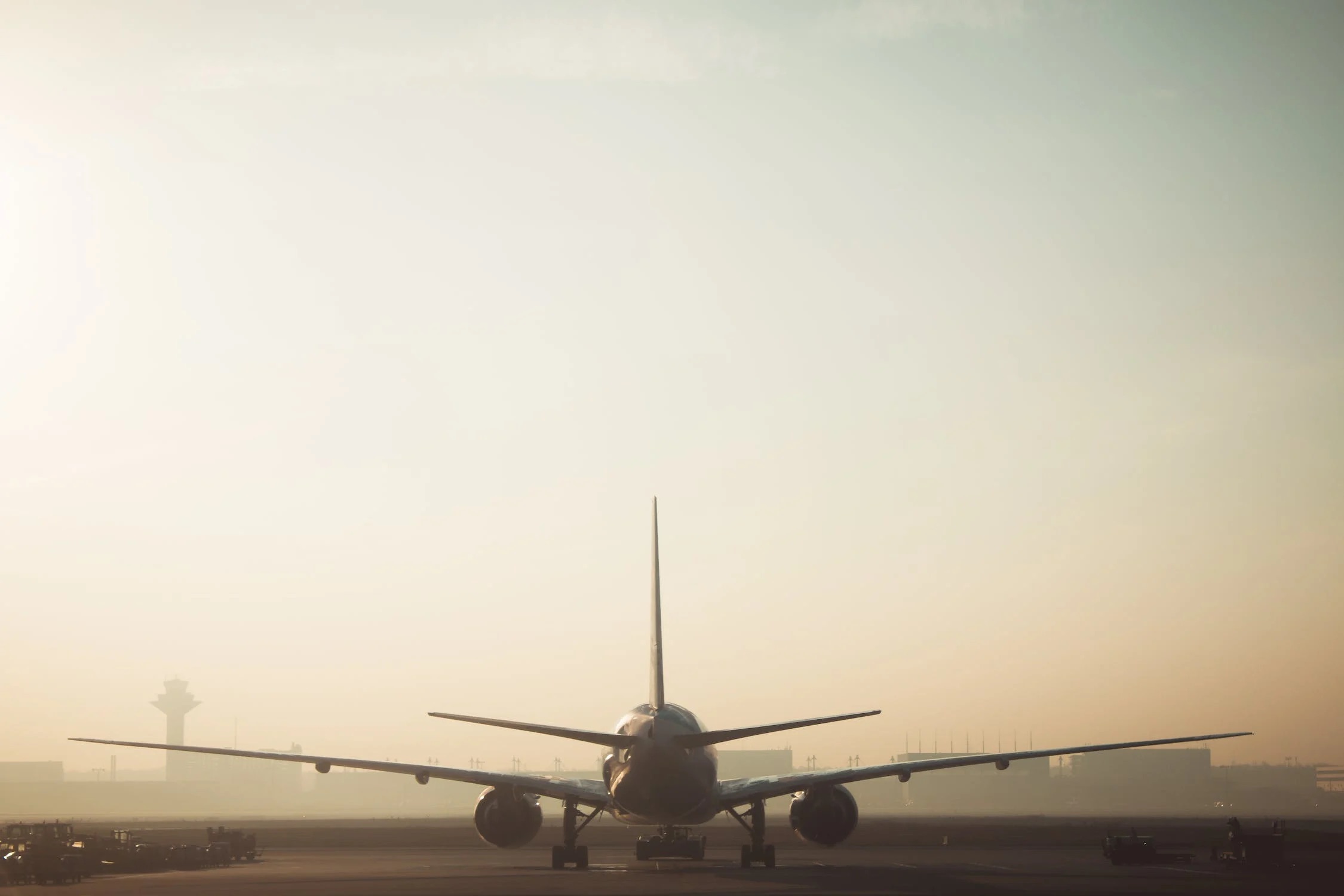Know Your Rights: Flight Delays and Cancellations in the US and Europe

Traveling by air may seem like the most convenient way to get from one destination to another, but flight delays and cancellations are still common occurrences. These unexpected changes to your travel plans can be frustrating, and it’s essential to know your rights as a passenger. In this blog post, you’ll get to grips with what you can expect in the event of a delay or cancellation and gain guidance on how to handle these situations calmly.
More people are flying than ever before. There are approximately 100,000 flights that take place across the world every single day. Some are short haul, some are long haul. Some people fly predominantly for business, others for leisure. The pace of the airline industry does not seem to be slowing down. Yet the downside of flying is when delays and cancellations happen. It can totally change all your plans and be incredibly inconvenient. Furthermore, the rules for compensation vary in different countries and continents, particularly in the US and Europe. So here’s a closer look at the rules in these regions.
Understanding Your Rights in the US
When it comes to flight delays and cancellations in the United States, there is no proper legislation to protect passengers and give them adequate compensation. There is also a difference between preventable and unpreventable delays and cancellations. Unpreventable delays and cancellations are due to things outside the airline’s control, such as severe weather, and the airline is not held responsible for providing compensation in instances like this. However, airlines in the US are also not required to provide compensation even for delays and cancellations that are within their control. While many airlines give passengers the cost of the ticket back, many do not compensate passengers for the inconvenience and wasted time passengers experience in these situations. This is something the US government is seeking to review.
Before flying, it’s important to look at the policies of different airlines in relation to compensation. For example, United Airlines compensation – and compensation from other US airlines too – is possible when flights that are departing from the UK, EU or Canada are delayed by three hours or more. This is because these flights are protected by better laws in the UK, EU and Canada. This compensation may include meals and drinks, accommodation and transport, depending on the severity of the delay. It may also include monetary compensation.
European Regulations
The European Union (EU) has its own set of regulations that protect airline passengers’ rights, including compensation for delays and cancellations. The EU’s regulations depend on the circumstances of the delay or cancellation, such as how much time is classified as a delay, the airline’s responsibility for the delay, and whether the delay or cancellation caused you to arrive late to your final destination.
For example, if you are delayed by more than three hours, the airline must provide food and drink vouchers to help cover the costs of meals. Additionally, if your flight is delayed by over five hours, you are entitled to receive a refund of your ticket cost. In some cases, passengers can also be compensated for any reasonable costs resulting from the delay, such as an overnight hotel stay.
Compensation You Can Expect
In situations where you are eligible for compensation, you may be offered a cash refund, credit towards another flight, or an overnight accommodation option if your flight is delayed for an extended period. This depends on the airline as well as the legislation in the countries your flights are traveling from and to. In some cases, you may even be eligible for food and beverage vouchers. Under European legislation, passengers whose flights have been delayed for more than three hours or canceled may be entitled to receive up to €600 ($670) in compensation!
The difficulty in claiming compensation comes when you only travel by plane within the US, as the legislation simply isn’t in place to adequately compensate passengers. Situations outside the airline’s control is another area where compensation may be tricky. This could include things such as severe weather, air traffic control issues, or staffing issues in an airport itself. In some of these situations, good travel insurance might be a way to get some compensation instead.
How to Handle a Delay or Cancellation
If your flight is delayed, the first thing to do is to stay calm. Next, familiarize yourself with your airline’s policy on cancellations and delays. You can usually find these policies on their website or by asking the airline staff. Be sure to keep any documents related to your flight, such as boarding passes and baggage receipts. If you wish to make a claim for compensation, it’s essential to have this information readily available.
When to Get Legal Assistance
In some cases, an airline may refuse to compensate passengers even if they are rightfully entitled to compensation. If you find yourself in this situation, it may be time to seek legal assistance. Many law firms specialize in airline passenger rights and can help you navigate the complex regulations surrounding flight delays and cancellations.
Flight delays and cancellations can be frustrating, but it’s essential to know your rights as a passenger and how to handle these situations professionally. By understanding the regulations surrounding delays and cancellations and staying informed about your airline’s policies, you can take the first steps towards ensuring that you receive the compensation you deserve. Remember, customer service representatives are there to help, and it never hurts to remain polite. Don’t forget to keep a record of all necessary documentation and seek legal assistance if required. It’s your right as a passenger to travel with peace of mind!
